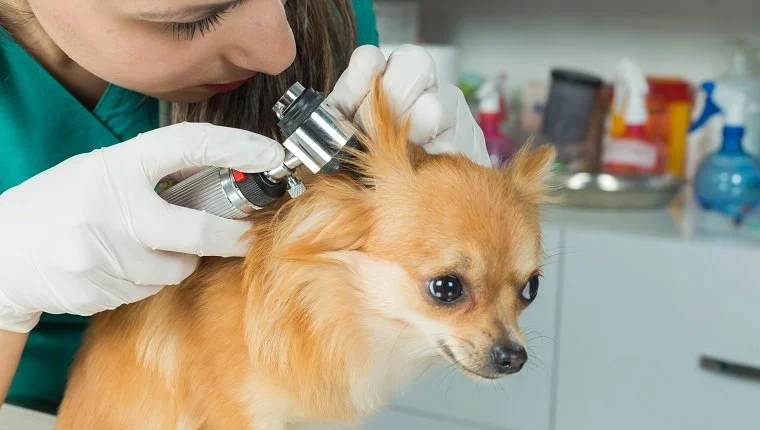As a responsible pet owner, ensuring the health and well-being of your baby dog is of utmost importance.
Providing proper healthcare from an early age is essential for setting the foundation for a long and happy life for your furry companion.
In this article, we’ll discuss the healthcare essentials for baby dogs, focusing on vaccinations and regular check-ups.
Vaccinations for Puppies
Vaccinations are a crucial part of your puppy’s healthcare regimen, as they protect against common and potentially life-threatening diseases.
Puppies are born with some immunity passed on from their mother’s milk, but this protection wanes over time.
Vaccinations help strengthen their immune system, making them less susceptible to infectious diseases.
Core Vaccinations
Core vaccinations are the basic vaccines that all puppies should receive. These typically include vaccines for:
- Distemper: A viral disease that affects the respiratory, gastrointestinal, and nervous systems.
- Parvovirus: A highly contagious and deadly disease that causes severe vomiting and diarrhea.
- Adenovirus (Hepatitis): A viral disease affecting the liver and respiratory system.
Non-Core Vaccinations
Non-core vaccinations are optional and may be recommended based on your puppy’s lifestyle and risk factors. Some non-core vaccines include those for:
- Bordetella: Protects against kennel cough, a highly contagious respiratory infection.
- Leptospirosis: Guards against a bacterial disease that can be transmitted to both animals and humans.
- Canine Influenza: Provides protection against the canine flu, which can cause respiratory illness.
Vaccination Schedule
Puppies receive a series of vaccinations starting at around 6 to 8 weeks of age, with boosters given every few weeks until they are around 16 weeks old.
Following the initial series, most core vaccinations require annual boosters, while some may be administered every three years.
Veterinary Check-Ups
Regular veterinary check-ups are vital for monitoring your puppy’s health and development.
During these visits, your veterinarian will conduct a thorough physical examination, check for any signs of illness, and discuss your puppy’s vaccination schedule.
Parasite Prevention
In addition to vaccinations, protecting your puppy from parasites is essential for their well-being.
Discuss with your veterinarian about the appropriate schedule for deworming and the use of preventive treatments for fleas, ticks, and heartworms.
Nutrition and Diet
A well-balanced and age-appropriate diet is critical for your puppy’s growth and development.
Your veterinarian can recommend the best diet for your puppy’s breed, size, and age.
Oral Health
Start a dental care routine early to maintain your puppy’s oral health. Regular teeth brushing and dental check-ups are essential for preventing dental issues.
Spaying/Neutering
Discuss with your veterinarian the appropriate age for spaying or neutering your puppy. This procedure not only prevents unwanted litters but also offers various health benefits.
Pet Insurance
Consider investing in pet insurance to help cover unexpected veterinary expenses. It can provide peace of mind and ensure your puppy receives necessary medical care when needed.
Observe and Monitor
As a responsible pet owner, keep an eye on your puppy’s behavior and appetite. If you notice any changes or signs of illness, consult your veterinarian promptly.
Providing your baby dog with comprehensive healthcare, including vaccinations and regular check-ups, is the best way to ensure they have a healthy start in life.
A well-cared-for puppy has the best chances of growing into a happy and thriving adult dog, becoming a beloved member of your family for many years to come.

